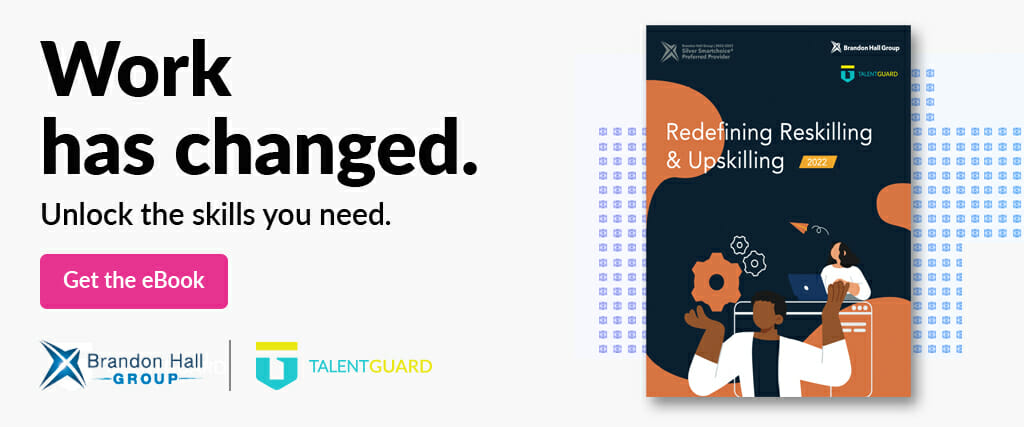Employee Retention Strategies to Keep Your Star Employees

Employees are the essence of any business. They are responsible for the day-to-day operations that keep the lights on. Keeping your employees for as long as possible is a goal that every HR team should have. Less employee turnover will help to keep your company stable. Employee retention strategies are becoming more common as companies have taken attrition more seriously as they continue to realize the impact it has on their bottom line.
A recent study on such strategies estimated that employee skillsets account for 85% of a company’s assets. These strategies not only keep your employees in their current positions, but will also improve their performance.
The needs of your employee retention strategy will vary depending on a number of factors. Employee retention strategies in manufacturing industries may be much different than strategies in other industries, such as healthcare but regardless of the industry, employee retention strategies in 2020 and the near future are more important than ever.
Organizations are investing in innovative ideas in order to keep their employees and prevent competitors from luring them away. Many companies have assessed their employee retention strategies from 2019 to learn from past mistakes and have adapted to the needs of their current workforce and competitive demands. However, there are still countless organizations that do not have any employee retention strategies to update. These companies may not understand how vital their employees are to their ability to be successful.
Importance of Employee Retention
Some HR teams may be more focused on recruitment and talent acquisition as a means to keep their critical roles filled. This mindset believes that if one employee leaves, there are a dozen more looking for work or eager to join their team. That may be true for some roles in certain industries but there is a costly consequence to such a practie.
Aside from this approach, each company has employees that their business relies on. They make important decisions on a day-to-day basis and execute the requirements of their role to ensure that their company can meet its obligations and keep running. About 25% of employees fit this description. If a company loses even 5% of this type of employee in a short period of time, that business would be in serious trouble.
Additionally, replacing employees can be very expensive. Studies show that replacing an employee can cost anywhere between 25% to 200% of their salary. If you hire an employee who is a bad fit, you will be right back where you started all while incurring more costs.
Companies with the best employee retention programs gain a strategic advantage over their competition. They keep employees with key knowledge about their business, customers, and industry. That type of knowledge is harder to find and replace.
There are a number of companies with outstanding employee retention programs examples. During the 2008 recession, Carmax doubled down on their employees. They heavily invested in employee training and development programs. Instead of cutting employee programs, they went in the opposite direction as they understood how important their employees are to their business. The results have shown that it was incredibly valuable for Carmax. Their car sales are up 116% in just eight years.
How To Improve Employee Retention
Now that you understand why employee retention is so important, you are probably wondering how to improve employee retention. There are a number of strategies that employers can use to improve retention but your selected strategy must align with both business and employee goals.
If you are looking for effective strategies as a source of inspiration, a simple employee retention plan template found in various employee retention articles will not cut it. It is really important that your company creates a plan that addresses the needs that your company is facing while keeping your employees in the spotlight.
After selecting a strategy, ,managing and executing that strategy is another hurdle that HR teams face. Depending on the size of your organization, employees can easily fall through the cracks and you are left trying to understand what went wrong. Finding a scalable solution that allows each employee to participate and management to understand their team’s activity will lead to the best results.
For example, employees, managers, and HR professionals can all collaborate on a single software platform that can facilitate your strategy, such as assessing skill gaps and providing employees with development opportunities to close those gaps. As more employees interact with this software, management can understand and help identify employees that are considering leaving your organization. Managers can then take the appropriate steps to ensure that these employees are engaged and perform to meet expectations.
Crafting an effective employee retention strategy is critical to the success of your HR team and your company. Embracing technology and automation will help execute employee retention strategies that work, and keep your employees engaged and thriving. By putting a strategy in place, your company will have a healthy talent pool to execute today and in the future.
See a preview of TalentGuard’s platform
Pay-for-Performance: Good Idea or Failed Concept?
Compensating employees based on performance seems like a solid idea. In theory, it makes perfect sense: High performance equals increased compensation, which further motivates employees and leads to even higher performance. The reality, however, is different enough that it has many human resource experts wondering if pay-for-performance is anything more than a trendy concept. The […]
Addressing Skill Shortages
We have all heard the old adage, “You’re only as strong as your weakest link.” This is particularly true in business. If we want a strong, efficient, and productive company, we must ensure we have strong, efficient, and productive people, but how do we do that? An integrated competency framework can help. Competency models enable […]
On the Path to High Performing Teams: Goal Management
I wrote the book Creating High Performance Software Development Teams about 15 years ago. It was published by Prentice Hall PTR and did OK in the market. To be honest, it didn’t do well at all. After a few years wallowing in the market, Prentice Hall decided to stop printing the book and pulled it […]





